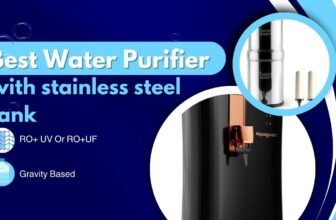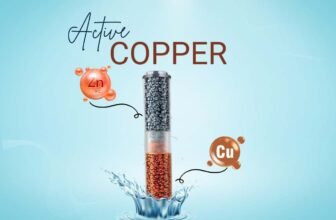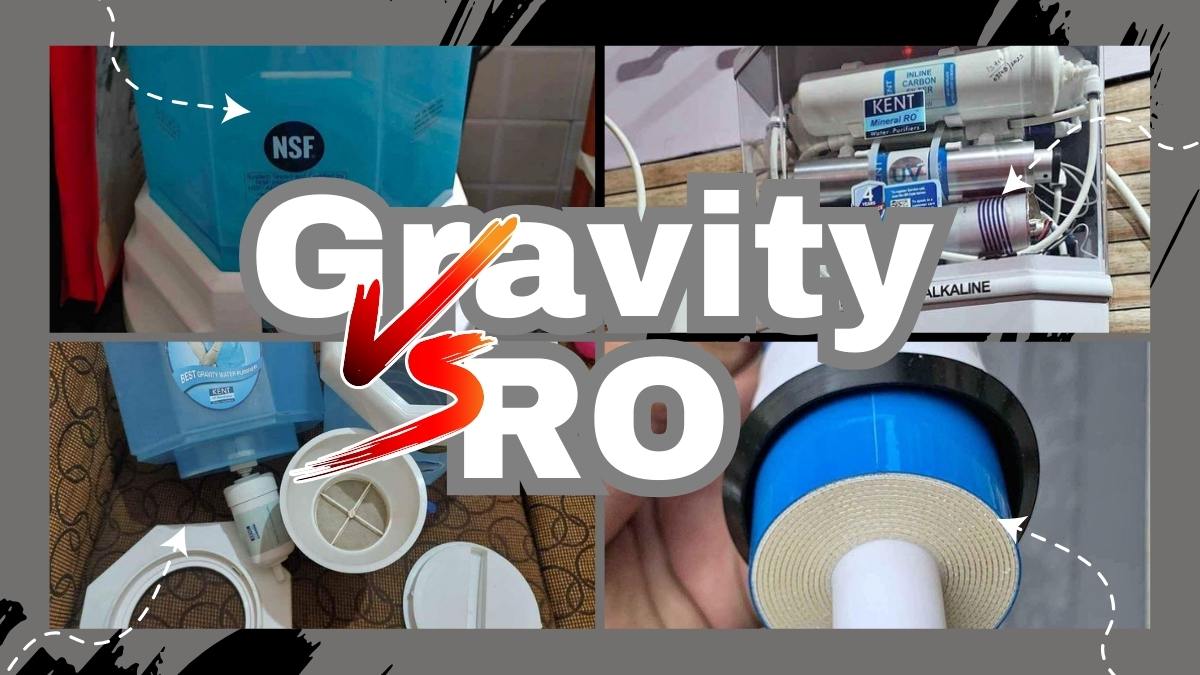
As you contemplate the safety of your home water supply, the debate of gravity water purifier vs RO surfaces, brings forth a pivotal question: which water purification technology is poised to serve your needs best? The choice between a gravity-based water purifier and an RO water purifier is influenced by a multitude of factors, from the quality of water you seek to the practicalities of installation and upkeep. Whether you’re in pursuit of the best water purifier for clean drinking water, or you wish to make an informed decision grounded in a meticulous water purifier comparison, understanding the nuances of each system is crucial. Dive into the world where technologies are poised to purify water battle for a place in your home and learn how to navigate the landscape of water purification to secure the essence of life in its most pristine form.
Key Takeaways
- Grasp the distinctions between gravity based water purifiers and RO water purifiers to make a well-informed decision.
- Identify which system enhances your home water quality most effectively, considering various contaminants and your lifestyle needs.
- Understand the implications of maintenance and energy consumption on your choice of the best water purifier.
- Evaluate the initial and long-term financial commitments of investing in a water purification system.
- Consider the broader environmental impact of your water purifier technology and its relation to resource conservation.
- Discover how each type of water purifier can purify water, providing you with clean drinking water that adheres to your standards.
Understanding Water Purification Technologies
Delving into the arena of water purification, one can explore a plethora of methods designed to ensure safe drinking water. The choice between these systems often hinges on various factors including contaminants, energy availability, and individual needs. As you seek the most suitable solution for pure water, understanding the distinction between gravity-based water purifiers and reverse osmosis systems becomes crucial.
The Basics of Gravity-Based Water Purifiers
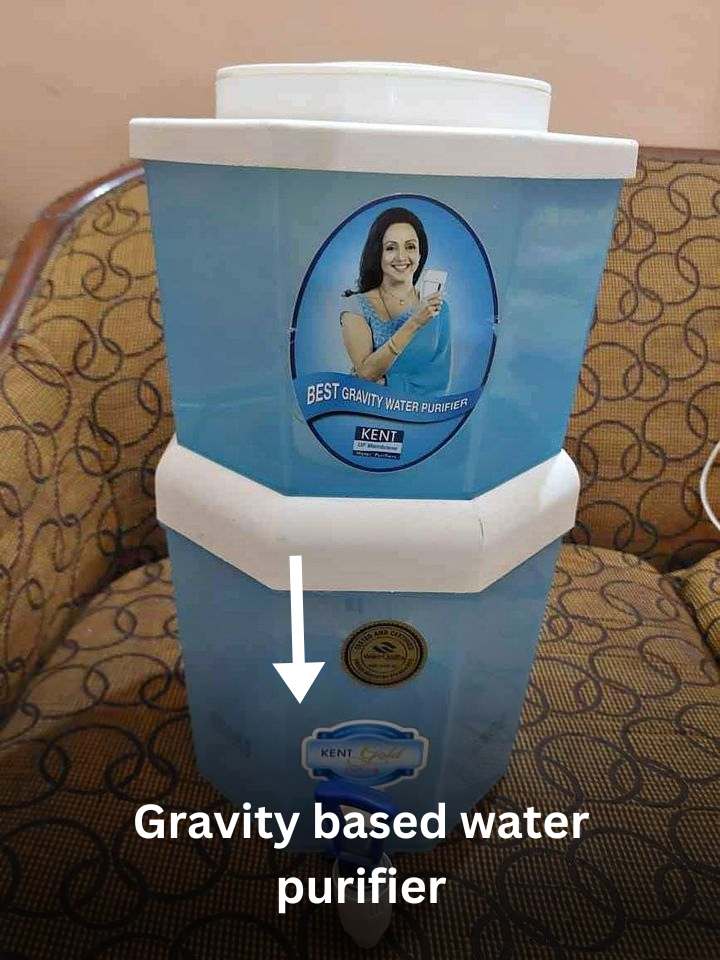
Employing the natural force of gravity, these purifiers channel water through multiple layers to effectively rid it of impurities. The heart of the system, the activated carbon, is instrumental in adsorbing toxins while a sediment filter serves to remove larger particulates. As a non-electric water purifier, it stands out for its user-friendliness and for being economical. The layers within gravity-based water purifiers work harmoniously, ensuring the removal of most bacteria and cysts, making it adequate for areas where water is moderately contaminated.
How Reverse Osmosis (RO) Systems Work
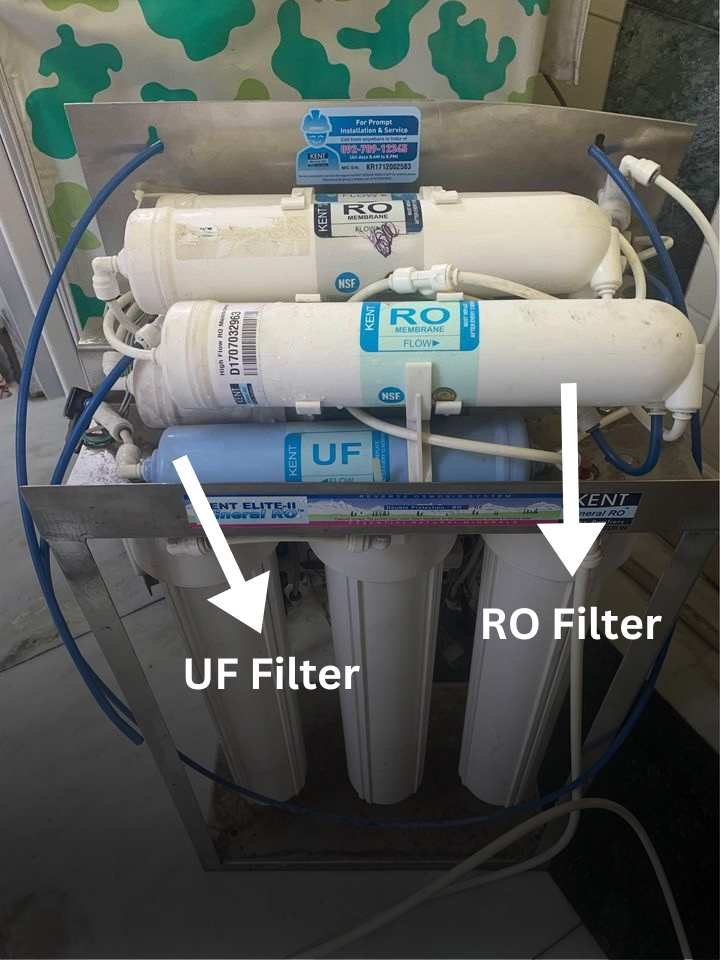
Contrastingly, reverse osmosis embraces a more mechanised approach. It incorporates a pressurised system that propels water through a fine RO membrane, adept at eliminating dissolved solids alongside a slew of other contaminants. A premier feature of the RO water filter — the semi-permeable membrane — exemplifies the pinnacle of water purification technologies, as it sifts out chemicals such as heavy metals and chlorine, ensuring a remarkably high purity level.
Comparing Purification Methods: Gravity vs RO
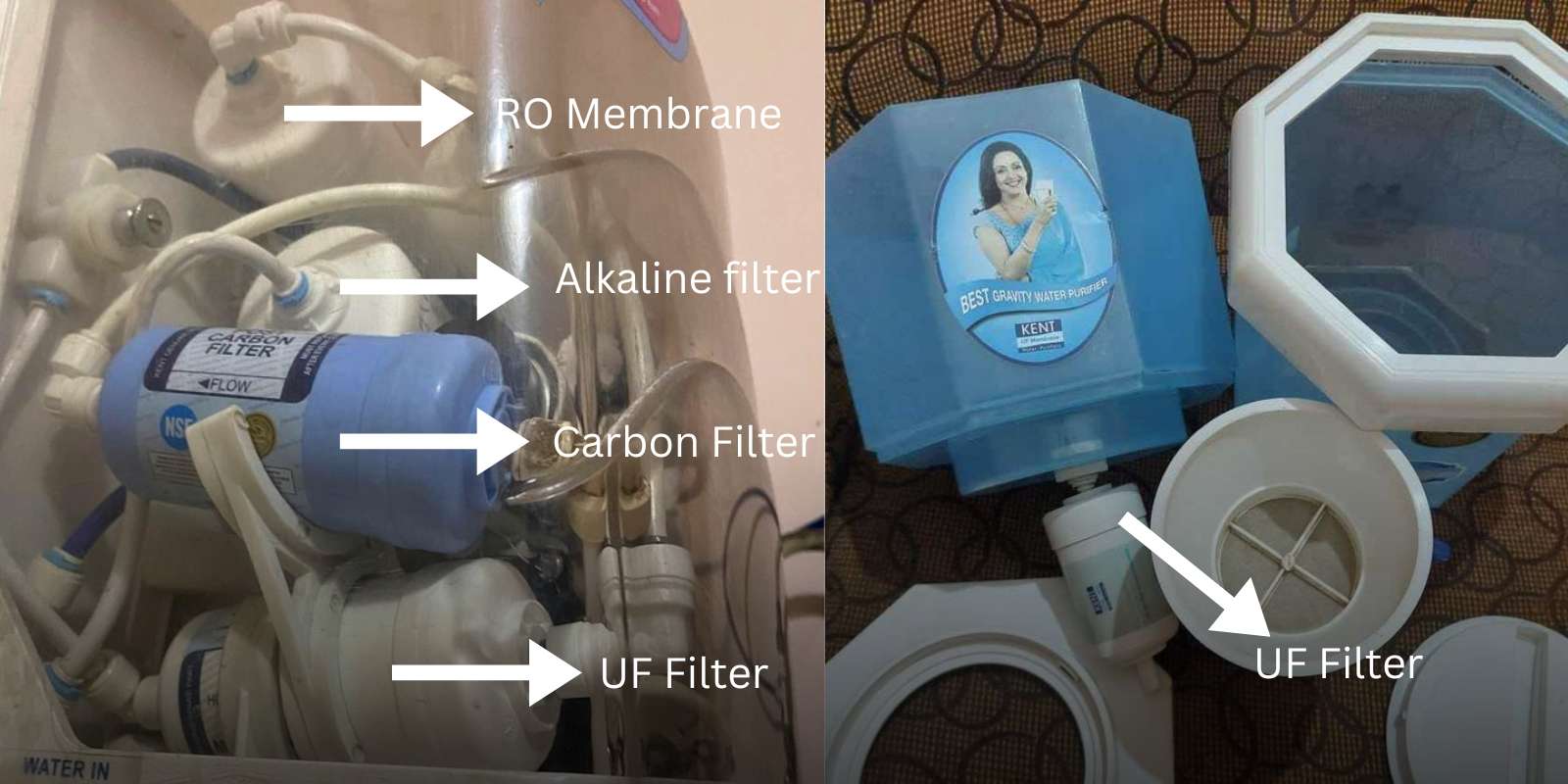
When weighing up the capabilities of gravity-based water purifiers against those offered by reverse osmosis, one will find stark differences. Gravity purifiers, with their gravity-led filtration and activated carbon, cater to uncomplicated needs and are particularly suitable for areas with unreliable power. A comparative analysis illuminates the stark contrast in filtration prowess, especially pertinent when confronting heavily contaminated water.
| Feature | Gravity-Based Purifiers | RO Systems |
|---|---|---|
| Filtration Method | Activated Carbon, Sediment Filter | RO Membrane, Carbon Filter, Sediment Filter |
| Electricity Required | No | Yes |
| Contaminant Removal | Bacteria, Cysts | Heavy Metals, Chlorine, Chemicals |
| Maintenance | Regular Filter Replacement | Periodic Membrane and Filter Replacement |
| Cost-Efficiency | Higher Initial Affordability | Lower Long-Term Cost Due to Purified Water Quality |
| Suitability | Areas with low to moderate water contamination | Areas with varied and high levels of contamination |
Assessing the Water Quality in Your Home
Monitoring the water quality within your dwelling is crucial for safeguarding your health and ensuring your water filtration system is up to the task. Whether you use gravity water purifiers or reverse osmosis systems, understanding what’s in your drinking water is the first step towards ensuring its purity.
Testing Your Water Supply for Contaminants
Commence by collecting samples of your tap water for examination. Employ a water test kit which can be obtained from a local supplier to detect the types of contaminants present. These kits will enable you to conduct a preliminary water quality assessment, looking for common pollutants such as bacteria, lead, pesticides, and nitrates.
Interpreting Water Test Results
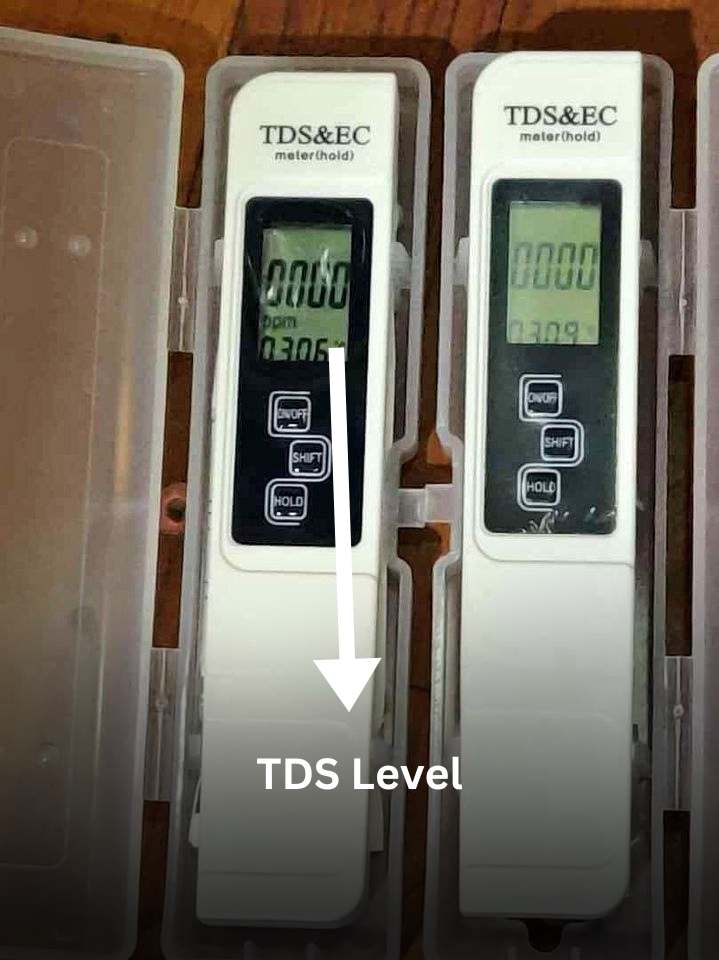
Upon obtaining the results from a reliable water test, observe the parameters meticulously. Turbidity, pH levels, and total dissolved solids (TDS) offer insights into the overall condition of your water supply. Each parameter reveals different characteristics: high turbidity may indicate particulate matter, an abnormal pH level could suggest a chemical imbalance and elevated TDS levels could point to the presence of heavy metals or other contaminants.
Is Your Water Hard or Soft?
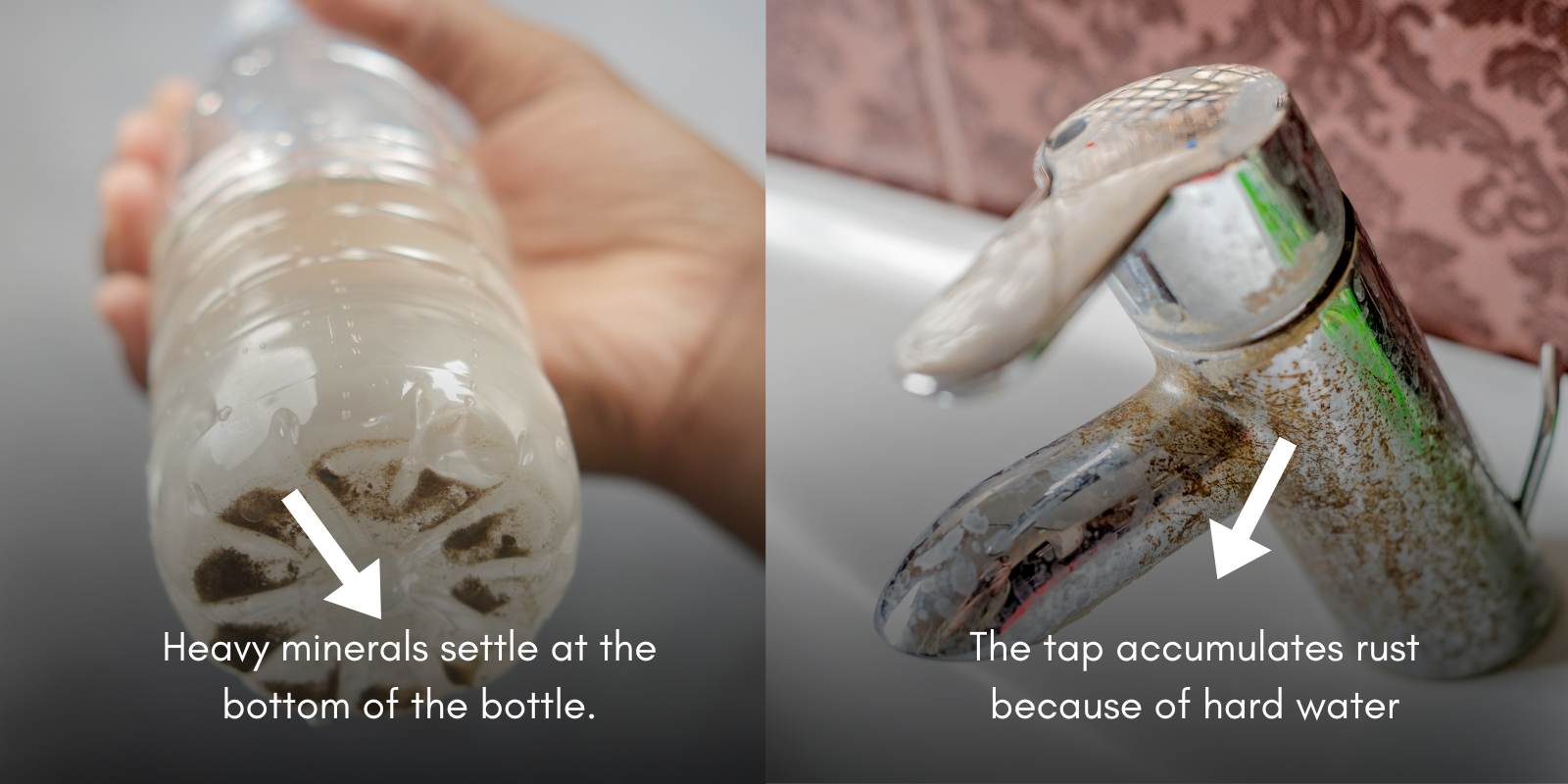
Knowing whether you have hard water or soft water is essential, as this influences the efficiency of your water purification system. Hard water contains high mineral content, such as calcium and magnesium, and might necessitate a specialised filtering process to soften the water before it’s drinkable. Conversely, soft water has low concentrations of these minerals and generally requires less treatment. Acquaint yourself with the hardness of your water to select an appropriate water purifier.
- Gather a water sample from multiple taps in your home.
- Use a comprehensive water test kit.
- Review the testing results, such as TDS, pH, and turbidity.
- Determine if your water is hard and consider the need for additional filtration measures.
The Advantages of Gravity-Based Water Purifiers
Recognising the critical role that water purifiers play in ensuring the health and well-being of households across India, it’s important to understand the unique advantages gravity-based water purifiers offer. These non-electric water purifiers stand out for their fusion of water purification technology and user-centric design, offering an amalgamation of practicality and efficiency.
Ease of Use and Low Maintenance
With no complex procedures, gravity-based water purifiers are commendably user-friendly and maintain their functionality with minimal effort. The simplicity of this water purifier technology ensures that anyone can operate it with ease, eliminating the need for technical skills or expertise. Moreover, their filtration system requires less frequent servicing, allowing you to enjoy purified water without constant upkeep.
Energy Efficiency of Non-Electric Water Purifiers
In an age where energy conservation is paramount, the non-electric nature of gravity-based purification systems marks a significant edge. These purifiers are perfectly suited to areas where electricity is scarce or prone to outages. Their reliance on gravitational force rather than electricity for the filtration process makes them an excellent energy-efficient alternative to other purifiers.
Economic and Environmental Benefits
When considering the long-term implications, gravity-based water purifiers are strikingly cost-effective. The initial investment paves the way for prolonged savings on electricity bills and maintenance costs. Additionally, their environmental impact is minimal as they prevent water wastage and reduce reliance on power sources, aligning with sustainable living practices.
| Feature | Advantage |
|---|---|
| Non-Electric Operation | Functionality during power outages, no electricity costs |
| Gravity-Based Filtration | Utilises natural force, no mechanical parts that require power |
| Low Maintenance | Long-term savings reduce the need for bottled water |
| Environmental Benefits | Long-term savings reduce the need for bottled water |
| Cost-Effectiveness | Long-term savings reduce need for bottled water |
The Disadvantages of Gravity-Based Water Purification
While gravity-based water purification systems boast accessibility and affordability, they come with certain drawbacks that could affect the quality of purified water you consume. Understanding these disadvantages is crucial for making an informed decision when selecting a water filtration system for clean water in your home.
Limited Filtration against Certain Contaminants
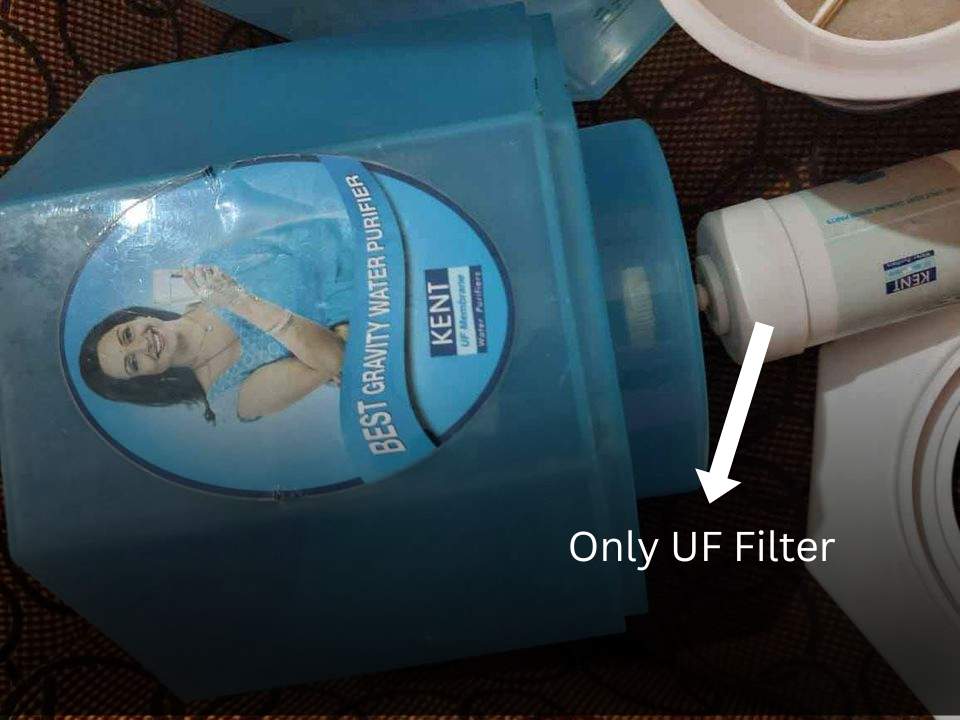
One significant disadvantage of gravity-based water purification is its filtration limitations, particularly when dealing with contaminated water. Certain chemicals, viruses, and heavy metals can slip through the filtration system due to the absence of a complex membrane found in more robust water filtration systems. This means that while your water may be rid of visible dirt and sediments, it may still harbour contaminants on a molecular level that could pose health risks over time.
The Need for Frequent Filter Replacement
Moreover, the efficacy of gravity-based water filtration relies heavily on the condition of its filters. To ensure that your system continues to purify water effectively, regular filter replacement is essential. Activated carbon and membranes within these purifiers can become saturated with impurities, diminishing their ability to produce clean water consistently. Neglecting to replace these elements can lead to a compromised purification process, making vigilant maintenance a necessity rather than a choice.
Pros and Cons of Reverse Osmosis (RO) Water Systems
When considering an RO water purifier for your water treatment needs, it’s essential to weigh the advantages and disadvantages of this technology. Reverse osmosis has gained recognition for delivering exceptional water purity, but it comes with its own set of challenges that should be evaluated before investing.
RO Systems and Removal of Heavy Metals
One of the standout advantages of reverse osmosis purifiers is their efficacy in removing heavy metals from your water supply. Contaminants like lead, mercury, and cadmium, which can pose significant health risks, are effectively filtered out, ensuring your drinking water’s safety. Alongside heavy metals, RO systems are adept at reducing fluoride, chlorine, arsenic, and a range of other hazardous substances.
The Downside of Wastage and Complex Installation
Despite their purification benefits, RO purifiers are not without their drawbacks. A notable concern is the water wastage associated with the purification process; for every litre of purified water, several litres may be flushed away as waste. Additionally, the complex installation of an RO system often necessitates professional assistance, adding to the initial setup costs. This aspect is worth considering if you’re aiming for a budget-friendly and simple water purification solution.
Effects of RO Filtration on Water Taste and Mineral Content
The reverse osmosis process is so effective that it can strip away not only contaminants but also beneficial minerals that naturally occur in water. This demineralisation can result in a flat taste that some find less appealing. Consequently, you may want to contemplate the possibility of remineralising your water to restore taste and healthful minerals. UV water purifiers, often combined with RO systems, ensure sterilisation without affecting the mineral content and can work in tandem to provide safer, better-tasting water.
Gravity-Based Water Purifier vs RO
When considering a water purifier for your home, the debate often revolves around two prevalent types: gravity-based water purifiers and reverse osmosis (RO) systems. Understanding the differences in water quality, cost-effectiveness, and suitability to the type of water supply in your home is essential for making an informed decision.
Which System Delivers the Purest Water?
The quest for pure, effective water leads us to question which technology fares better in eliminating contaminants. Gravity-based water purifiers are favoured for their ability to reduce a substantial number of impurities, especially when the water pressure is low and the water is relatively free of dissolved solids. On the other hand, RO purifiers pride themselves on a higher level of purification, especially in areas where contaminated water is a critical issue. RO systems are adept at removing minuscule particles and dissolved solids, owing to their fine semi-permeable membranes.
Cost Comparison in the Long Run
A vital consideration in any water purifier comparison is the cost involved, not just the initial price, but also the ongoing expenses. While gravity-based water purifiers often have a lower initial price tag, the costs can add up with frequent filter replacements. Conversely, RO systems may present a higher upfront cost but typically have longer-lasting filters, leading to potential savings over time. Here’s a breakdown of the long-term costs associated with both types of systems:
| Cost Factor | Gravity-Based Water Purifier | RO Water Purifier |
|---|---|---|
| Initial Investment | Lower | Higher |
| Filter Replacement | Frequent | Less frequent |
| Energy Consumption | Energy efficient (Non-electric) | Higher (Electric) |
| Longevity | Varies with water quality | Generally longer |
| Water Wastage | Minimal | Can be significant |
Tailoring the Choice to Type of Water and Contamination Levels
Selecting the right water purifier becomes less daunting when you tailor your choice to the specific water flows and type of water in your locality. Gravity-based water purifiers might do the trick if you receive water with low TDS levels and minimal contamination. But if high levels of dissolved solids and a broader array of contaminants lurk in your water supply, then the rigorous purification of an RO system could be paramount to your family’s health and safety. Additionally, consider water pressure in your decision-making process; gravity-based systems perform well in areas with low water pressure, whereas RO systems require sufficient pressure to operate efficiently.
Conclusion
Through the exploration of diverse water purification technologies, one thing is clear: both gravity water purifiers and RO water purification systems boast their own set of merits and demerits. Your ideal choice depends heavily on the quality of your water supply and your particular home needs. If your primary concern is achieving safe drinking water during times when access to electricity is erratic, gravity water purifiers may suit your situation perfectly. On the other hand, if you contend with high levels of contaminants and require superior filtration, an RO purification system could be the more prudent investment. Ultimately, the best water purifier for your home is one that adapts seamlessly to ensure the provision of clean drinking water.



